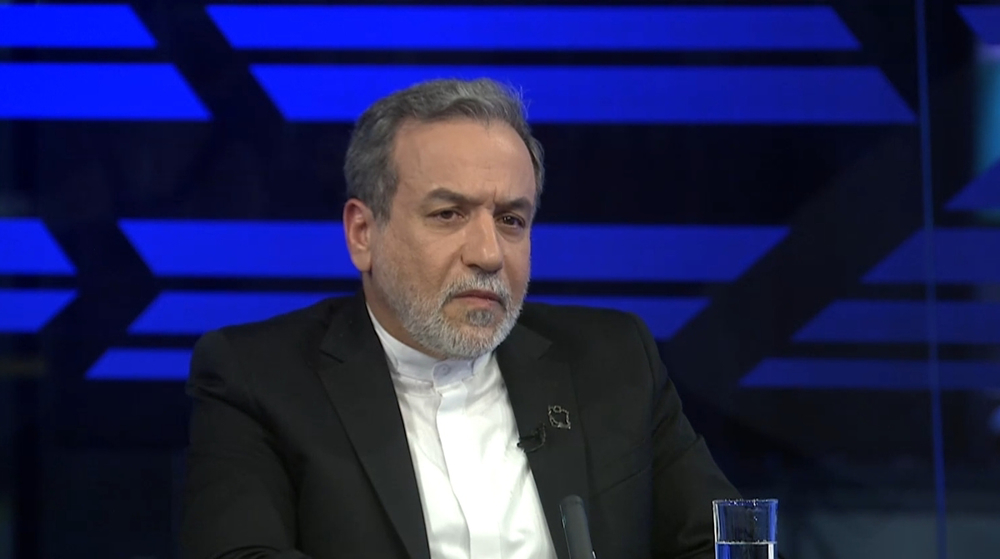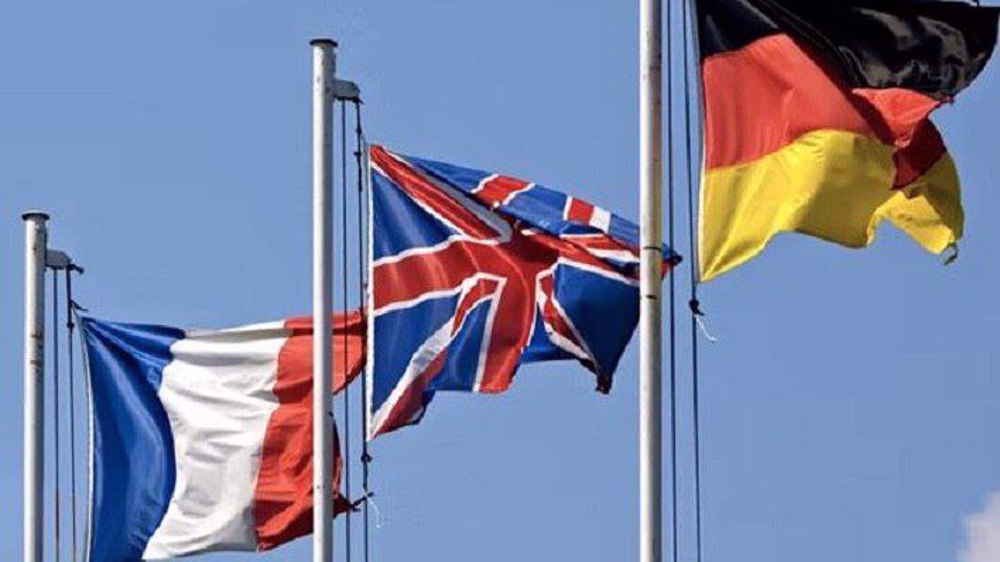Russia: JCPOA sides to help Iran export heavy water
Russia says the signatories to the 2015 nuclear deal with Iran are seeking to introduce measures that will enable Tehran to resume exports of low enriched uranium and heavy water despite US sanctions.
"In the context of the Joint Comprehensive Plan of Action, the JCPOA’s nuclear aspects, experts from the member nations have been tasked to elaborate practical measures to make it possible for Iran to export low enriched uranium and heavy water in bypassing the US sanctions," the Russia Foreign Ministry said.
The statement added that the remaining signatories to the nuclear agreement - Britain, Germany, France, Russian, China - had stressed the need to support Iran's nuclear activities as part of upholding the JCPOA, specifically in matters related to the production and export of Iran's low enriched uranium and heavy water.
The statement came after the remaining signatories to the nuclear agreement met in the Austrian capital on Friday at a JCPOA Joint Commission meeting in a last-ditch effort to save the nuclear agreement.
Under the 2015 nuclear deal, Iran was committed to export its stockpiles of low enriched uranium exceeding 300 kilograms and heavy water exceeding 130 tonnes in order to stay within limits agreed to under the JCPOA.
However, almost a year after President Donald Trump abandoned the JCPOA, the US sanctioned Iran's low enriched uranium and heavy water exports.
Iran responded shortly after by suspending its commitments to agreed heavy water and enriched uranium limits, urging remaining signatories to take practical steps to protect the deal, including Iran's right to export the nuclear-related material.
Iran has further vowed to begin suspending more of its commitments in early July, when a deadline set by Tehran for the other signatories to fulfill their side of the JCPOA, notably through the operation of non-dollar payment system known as Instex.
Earlier this week, Russian Deputy Foreign Minister Sergei Ryabkov had said that Moscow and its partners were to take steps countering new American sanctions targeting Iran.
Following Friday's JCPOA joint commission meeting, however, Iranian Deputy Foreign Minister Abbas Araqchi described the event as "a step forward" but explained that the progress was still not "meeting Iran’s expectations".
Araqchi added that the Europeans have confirmed that the planned Instex trade mechanism is now “operational” and that first transactions are already processed, but added that it was still insufficient because European countries were not buying Iranian oil.
VIDEO | Israeli regime takes advantage of Syria transition
VIDEO | Conference on settler violence in occupied West Bank held in Italian senate
VIDEO | Press TV's news headlines
VIDEO | Yemeni officials praise Palestinian resistance, issue warning to Israel
VIDEO | Israel kills two Palestinian journos hours before agreement on ceasefire deal
VIDEO | Iranians gather to celebrate Palestinian resistance victory
VIDEO | Medical negligence kills another Palestinian prisoner in Israeli custody
VIDEO | Palestinian resilience: Challenges, diplomatic hopes for Gaza



















 This makes it easy to access the Press TV website
This makes it easy to access the Press TV website